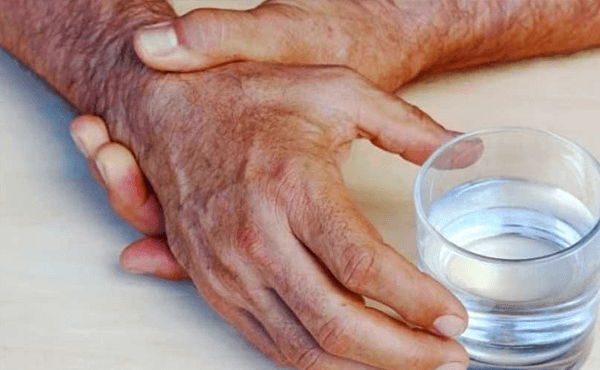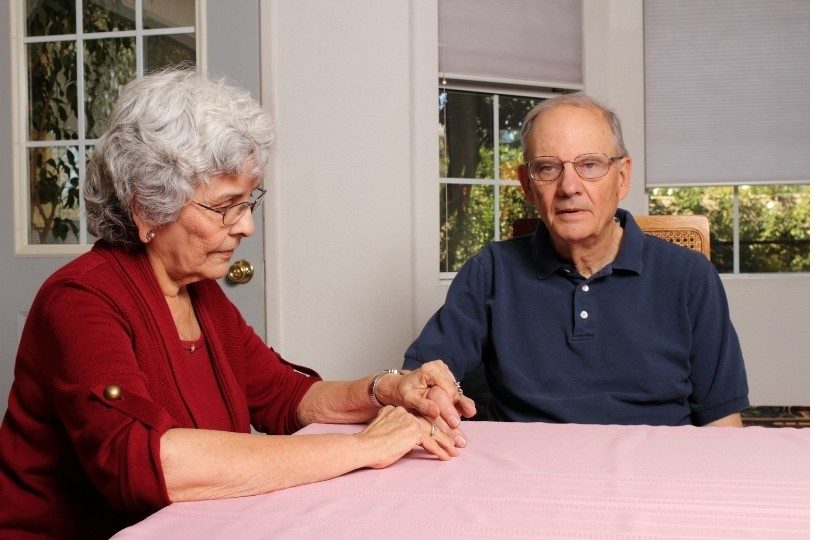Serving Orange County And Surrounding Areas
- Filter by
- Categories
- Tags
- Authors
- Show all
- All
- Community Education
- Director Series
- Emotional & Spiritual Help
- Home Care
- Home Health
- Hospice
- Mindset
- Nutrition
- PAST EVENTS
- Residential Care
- Strength
- Symptom management
- Transportation
- UPCOMING EVENTS
- Wellness
- All
- Advance Care Plan
- Age in Place
- Aging in Place
- Alzheimer's Disease
- Antioxidants
- Arda
- Arda Homes
- Arda Kardjian
- Assisted Living
- Assisted Living Facility
- Blood Pressure
- Brain Health
- Cancer screening
- cardiovascular disease
- Caregiver
- Caregiver Burnout
- Caregiver Burnout Tips
- Caregiver Tips
- Caregivers
- Chronic Disease
- Community Service
- Continuity of Care
- COPD
- COVID
- COVID-19
- Custodial Care
- Dementia
- Dental care
- Diabetes
- Diet
- Director Series
- director's series
- DNR
- Eligibility
- Emotional Support
- end of life celebration
- End-of-Life
- Exercise
- Eyes
- fall prevention
- fall prevention month
- Fiber
- Finances
- frequently asked questions
- funeral
- Grief
- Healthy Aging
- hearing loss
- heart health
- High Blood Pressure
- high cholesterol
- home
- Home Care
- Home Health
- Home Health for Seniors
- home safety
- Hopsice
- Hospice
- Hospice Care
- In-Home Therapy
- independence
- Insurance Coverage
- Intimate Nursing Care
- Longevity
- loss
- Low Blood Pressure
- Magnesium
- Medicare
- Medicare Coverage
- Medication
- memorial service
- Mental Health
- Minerals
- Occupational Therapy
- Omega-3
- Osteoporosis
- Osteoporosis Meds
- Oxygen therapy
- Pain Management
- Palliative Care
- Parkinson's Disease
- Physical Therapy
- prevent isolation and boredom
- Problem Behavior
- Recipes
- remembrance event
- Residential Care
- Residential Care Facility for the Elderly
- Respire Care
- respite care
- Retirement
- Senior
- senior fall checklist
- senior fall prevention
- senior wellness
- Serotonin
- Signs Death is Near
- Skilled Care
- Skilled Nursing
- Sleep
- Spiritual Care
- spotlight
- stages of grief
- Teeth
- Terminal Illness
- Tips
- UPCOMING EVENTS
- Verona Court
- Volunteering
- wellnes
- Wellness
- Yoga
April 14, 2023
It's normal to have a lot of questions when your loved one is admitted to hospice. Here are the answers to the most common hospice questions.
Do you like it?
January 10, 2023
In hospice, grief and loss are common emotions. The stages of grief framework can help you understand these feelings and talk about them.
Do you like it?
November 18, 2022
A healthcare proxy lets your senior parent make their wishes known about medical and end-of-life care while they're still healthy.
Do you like it?
August 16, 2022
There are four different levels of hospice care designed to meet a specific set of needs for patients and families at the end of life.
Do you like it?
June 7, 2022
End-of-life celebrations: tips for choosing the type that best fits your parent and a look at Parentis Health's yearly celebration.
Do you like it?
January 13, 2022
The difference between palliative care vs. hospice is important and has an enormous impact on patient comfort and well-being.
Do you like it?
July 8, 2021
The end stage of Parkinson's is painful and debilitating. To preserve quality of life, families need a plan to provide round-clock-care.
Do you like it?
May 25, 2021
As people age, home health, comfort care, and crisis care become crucial options to address their unique health needs.
Do you like it?
May 24, 2021
Late Stage Alzheimer’s: What to Expect Alzheimer’s disease affects every aspect of personality and behavior. Patients become forgetful.
Do you like it?










